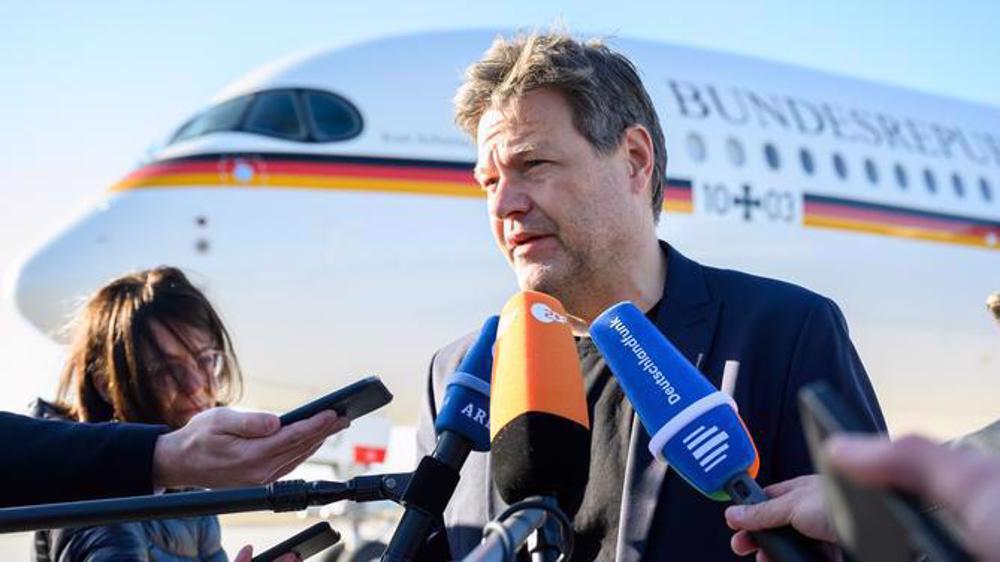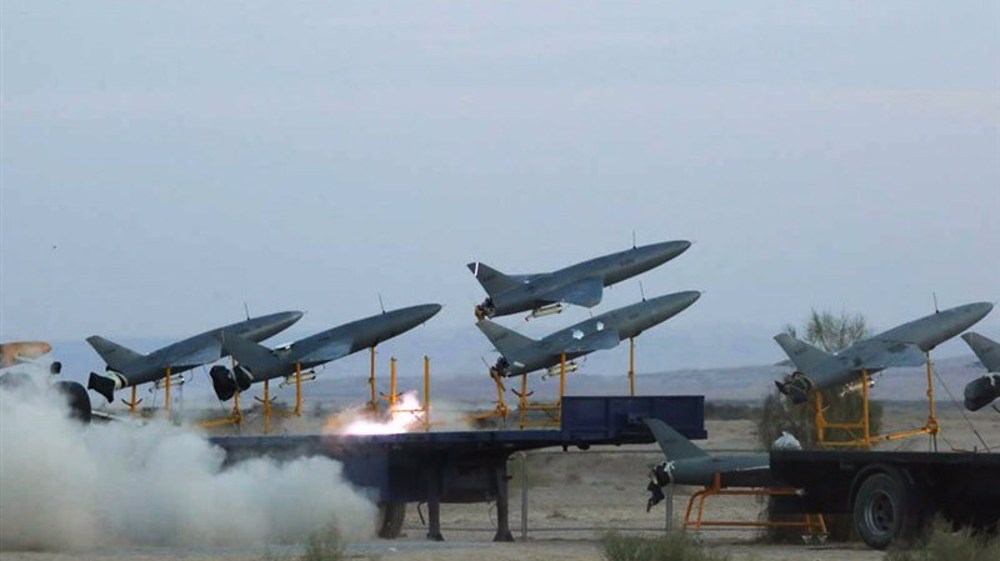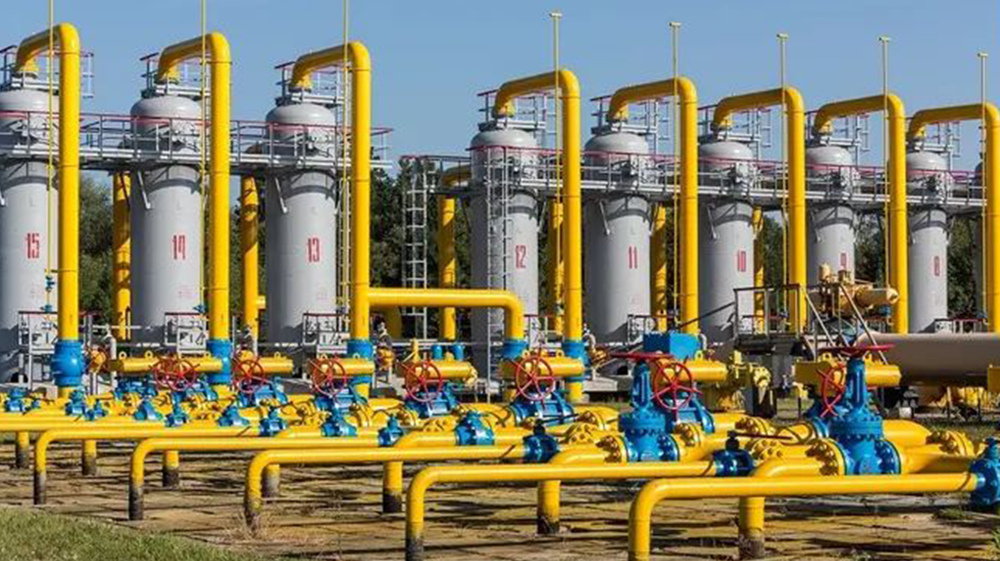German minister heads to UAE, Qatar as Ukraine crisis stokes energy fears
German Economy Minister Robert Habeck has headed to the Persian Gulf, hoping to find alternatives to Russian gas as the conflict in Ukraine stokes fears of an energy crisis in Europe.
European Union states, Germany included, aim to diversify from Russian gas imports in light of the Ukraine conflict.
Habeck, who is leading a delegation of about 20 businessmen mainly from the energy sector, will arrive in Qatar, one of the world's largest exporters of liquefied natural gas (LNG), and the United Arab Emirates, on Saturday.
The German delegation will discuss LNG supply as Germany aims to secure a hydrogen deal, making Berlin less dependent on Russia for gas.
Before his trip to Qatar, Habeck said their goal was to discuss ways to establish "short term" and "medium term” partnerships in the energy sector.
He emphasized the imperative to ensure a steady supply of energy for Germany, adding, when the country's energy policy was at stake, a moral dimension “does not really exist.”
Habeck had already warned on Deutschlandfunk radio that if Russia cut its gas to Germany, the country's energy supply would not meet its demand in order "to heat all our houses and keep all our industry going.”
Meanwhile, Italian Prime Minister Mario Draghi hosted a meeting in Rome on Friday with leaders of Spain, Portugal and (via video link) Greece to discuss a united European response to the energy crisis exacerbated by the standoff with Russia.
"Europe reacted united to the invasion. Now it must find the same determination and unity" on energy, the Italian premier said.
"The invasion of Ukraine by Russia opened up a period of strong volatility for the markets for raw materials, gas and oil," Draghi said.
"We must intervene right away. We (the four leaders) all have the impression that something substantial, significant must be done right away" by all EU members, he insisted.
Since Russia launched its military operation in Ukraine last month, fears of disruptions to major gas supply from Russia have prompted EU countries to pursue new supplies of energy from the Persian Gulf.
Iraqi resistance leader urges Americans to ‘reclaim’ country from Israeli ‘puppet Trump
Iran blasts US-Israeli use of autonomous killer systems against civilians as 'war crime'
US-Israeli aggression left Tehran with no choice but to defend Itself: President Pezeshkian
Iran urges immediate intl. action against US attacks on schools
Iraq won’t allow terror groups to cross border into Iran: Security official
Iran’s security chief: Does America come first or Israel with 500 US soldiers killed?
Iran warns all Israeli embassies ‘legitimate targets’ if Lebanon embassy attacked
IRGC pounds bases of anti-Iran terrorist groups in Iraqi Kurdistan













 This makes it easy to access the Press TV website
This makes it easy to access the Press TV website